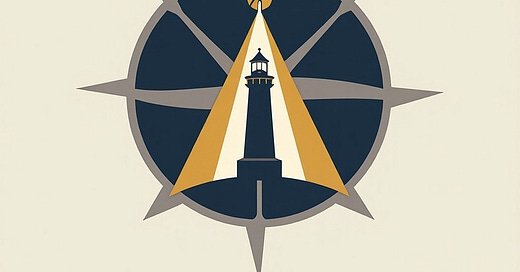Story or Moment
I’ve written letters. I’ve left voicemails. I’ve poured my heart into well-reasoned appeals to the people elected to represent me.
But most of the time? I get nothing. Sometimes a canned reply that dodges the issue. Sometimes the wrong information. And more often than not, silence.
The last time I truly felt heard? Maybe never.
The result? We’re not just disengaged—we’re invisible.
And yet, what if I could see how many people in my district felt the way I did? What if I could know that my voice wasn’t alone? Or if it was—what if I could learn why?
That’s not just transparency. That’s democracy growing roots again.
The Challenge
We talk about participation like it’s a given—just write your rep, speak at a meeting, make your case.
But where does that case go?
Into a black box.
No reply. No feedback. No shared understanding of where we all stand.
Meanwhile, the system itself is buckling under pressure:
Emergency powers stretch beyond their purpose.
Legislatures abdicate responsibility.
Courts are undermined.
The conversation is drowned out by fear, money, and noise.
And in the midst of it all, we the people are reduced to side comments on livestreams or PDFs no one reads.
The Opportunity
We can fix this.
Not someday—today.
Imagine a civic platform where:
You choose the issues you care about and get notified when they’re live.
You see a verified count of how many neighbors agree, disagree, or need more information.
You can ask for more facts before deciding—not just react out of fear.
Your representative can respond to your segment of the constituency with clarity, context, and respect.
That’s not fantasy. That’s code, design, and integrity—combined.
We already have the tools:
Open-source tech like Hugo and GitHub.
Secure, scalable backends like Firebase and Cloudflare.
Transparent identity verification and feedback systems.
But more than that—we have the will.
Let’s put this in the hands of students. Let each school adopt and adapt the platform. Let our universities audit the code and teach civic engagement through real-world tools. Let participation be free, always.
No paywalls. No profit motives. No puppeteers.
This is ours—or it’s nothing.
Call to Action
We are stronger together—but only if we can see and hear each other.
What if every great idea we’ve never heard is sitting in someone’s drafts folder?
What if the worst idea you’ve ever had sparked a better one in someone else?
We build trust when we build the conversation.
Together. Openly. Authentically.
If this sounds like something we need—don’t wait for permission. Join the process. Give feedback. Share your concerns.
Because this isn’t a tech project.
It’s a democracy project.
Reflection Questions
When did you last try to influence a decision and feel dismissed?
What’s one feature that would make you trust a civic platform today?
Should students help design tools like this? Why or why not?
What’s the cost of staying silent, versus building something better?






Share this post